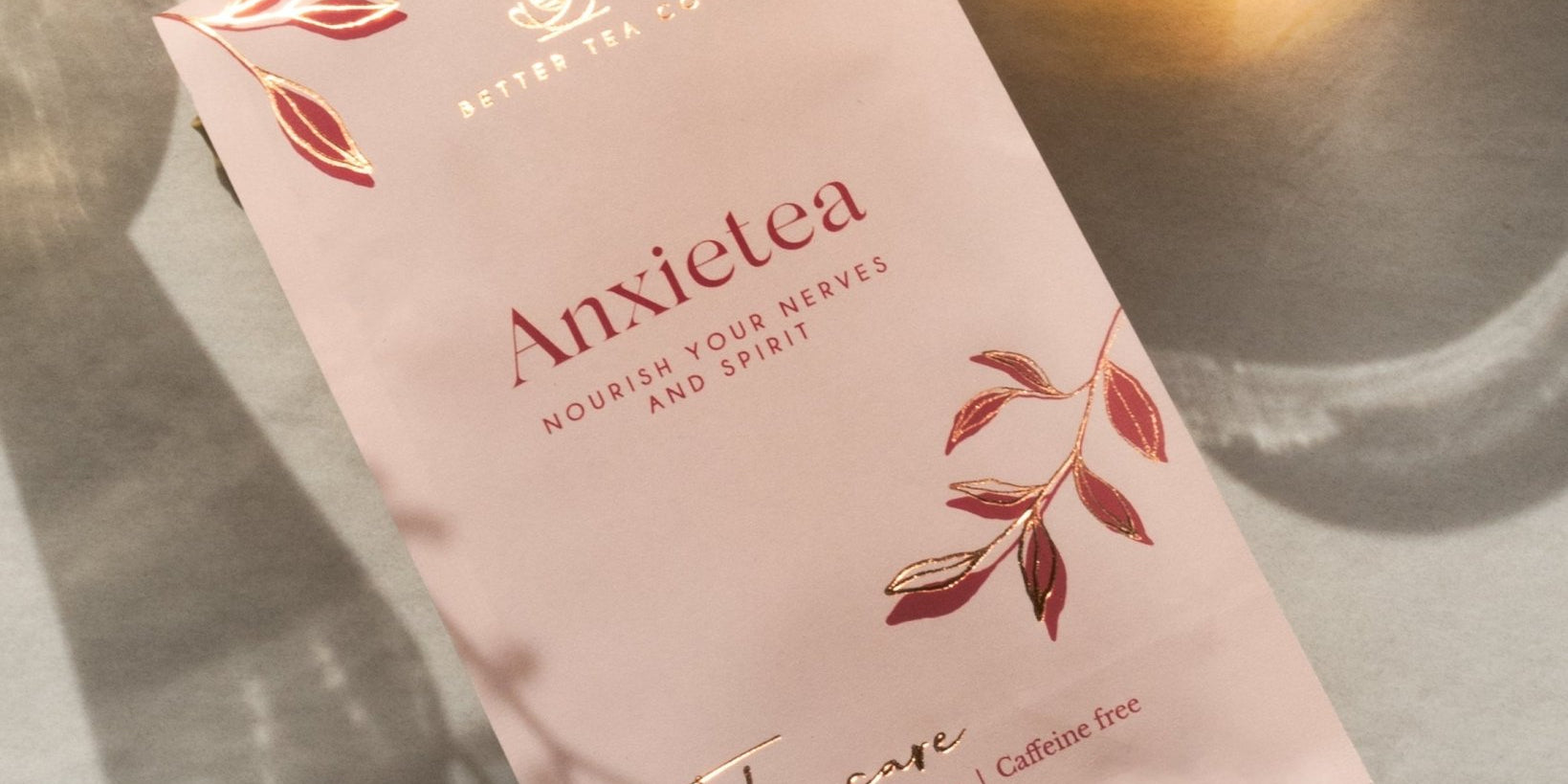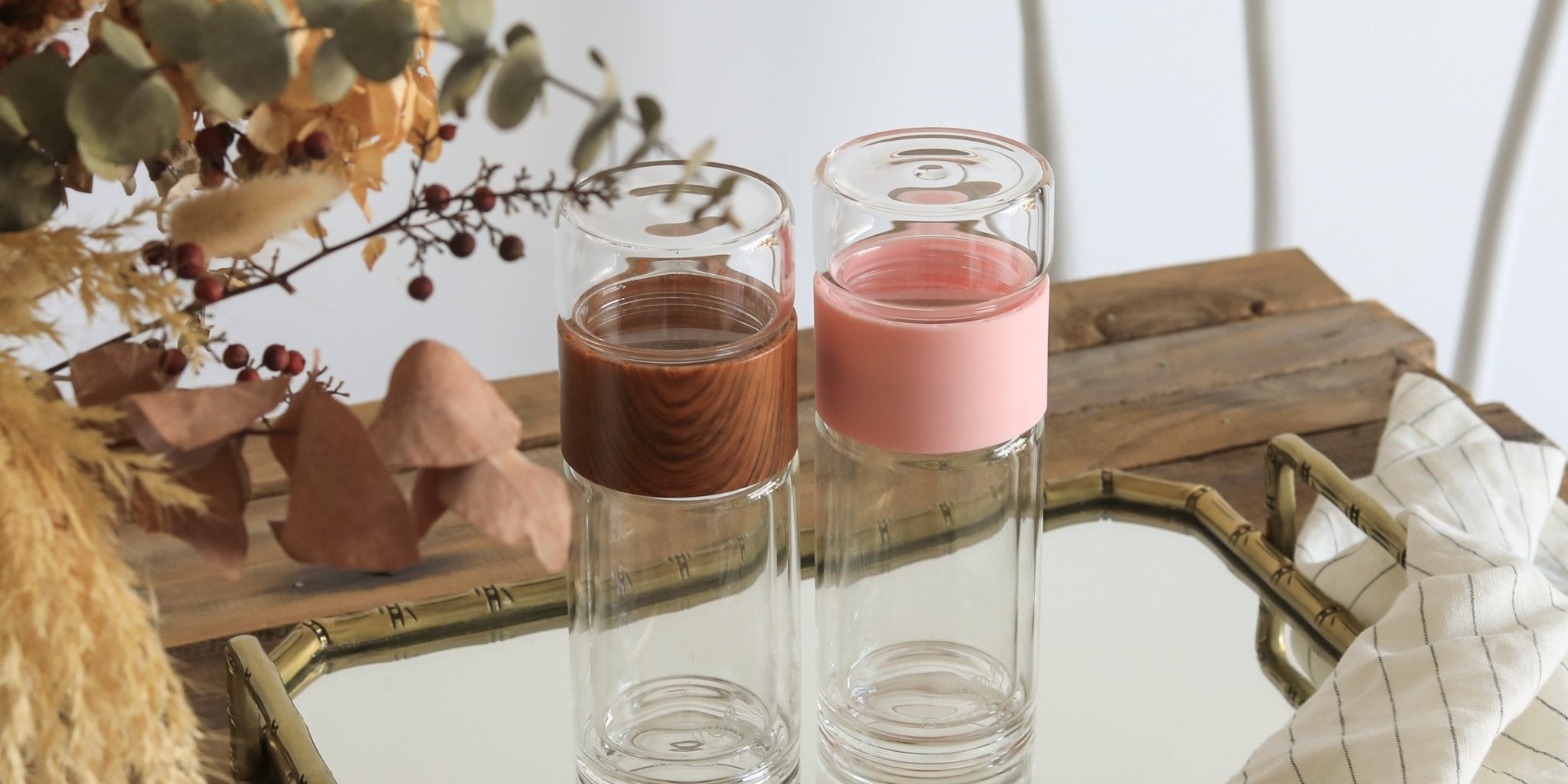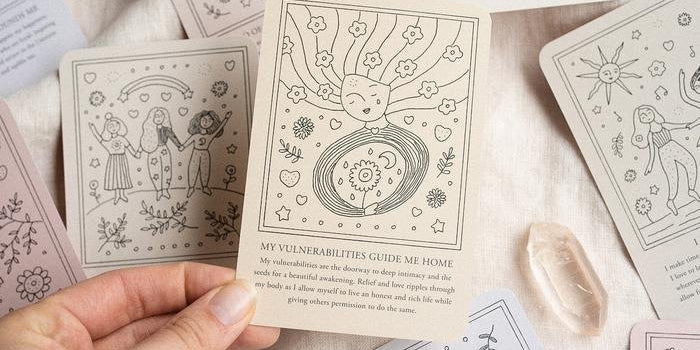Baby steps. So easy, a baby can do them. If you’ve set health goals that you need help reaching, try starting with baby steps. And while we’re talking about new habits, here’s a word that helps: ‘yet’. It’s powerful, and you should use it more often. Here’s an example of how it improves sentences:
“I don’t know how to relax… yet.”
Keep it in mind if you’re setting yourself some lofty goals. Here are three ideas to get you started:

1) Do a digital detox
Baby step: Set your phone to greyscale
Ever shopped online when your phone screen is black and white? ‘Hm, do I want that new sheet set? It comes in grey, grey and grey.’ How about your friend’s photos from their Santorini holiday? Look at that grey water stretching to the horizon! These days, many phones have digital wellbeing settings. This can include changing the screen to greyscale at certain times. Suddenly, your phone loses its allure, so you’ll put it away and leave it.
Big step: Have a screen-free day
Think of this as the meat-free Monday of digital detoxes. Make a dent in that book you’ve been reading for six months. Kondo your wardrobe. Gaze wistfully into the middle distance (your eyes will thank you). Screens can be distracting and potentially addictive. Remind yourself of all the things you used to do for entertainment before you had a computer in your pocket.

2) Save as well as you spend
Baby step: Create a budget
Whether this is a baby step, a big step or just normal depends on your personality, but having a budget is an important part of good financial health. How much money comes in each month? How much has to go out again? How much will you set aside to reach your financial goals? (House, retirement, smashed avocado on sourdough, whatever.) Now what’s left over? That’s guilt-free good-time money.
Big step: Start some spending journals (and stick to your budget!)
Before you make any non-urgent purchases, write them down and wait a week. While you wait, see if you can find them second hand. Research who you’ll buy from – are they sustainably minded? How are the items produced? Do you really need them? If you decide you don’t, those are some sweet dollar dollar bills going straight into your savings.
Take some inspiration from the Japanese method of kakeibo, where budget meets journal. Writing down your spending to be reviewed monthly helps you pay attention to your outgoings, something debit cards have made it all too easy to ignore.

3) Practise playing
Baby step: Find out what you did for fun as a child
Write down memories about how you played as a kid. Enlist the help of people who were grown-ups at the time. Draw a picture of mini-you with wiggly lines pointing to descriptions of everything that made you happy. Running on grass. Patting horses. Reading for hours. Climbing trees. Paper planes. This is the perfect first step to learning how to play again as an adult.
Big steps: Discover what is fun for you as an adult… and do it more!
Ever had pizza for breakfast and sugary cereal for dinner, and joked that it’s because you’re a grown-up now and you can do what you want? Well, don’t let kid-you down – get out there and use your adult-powers to have a good time. Get a big marker pen and scribble down all the things that make you happy, no matter how trivial. Build a fort every once in a while for goodness sake! Camp in your lounge. Sketch a self-portrait. Volunteer at the puppy/kitten shelter. Temporarily ruin a friendship over a game of Catan. Whatever it takes to get you to forget about work/money/health/climate change for an hour or two, okay?
Here’s to a fun and healthy you – one baby step at a time.





